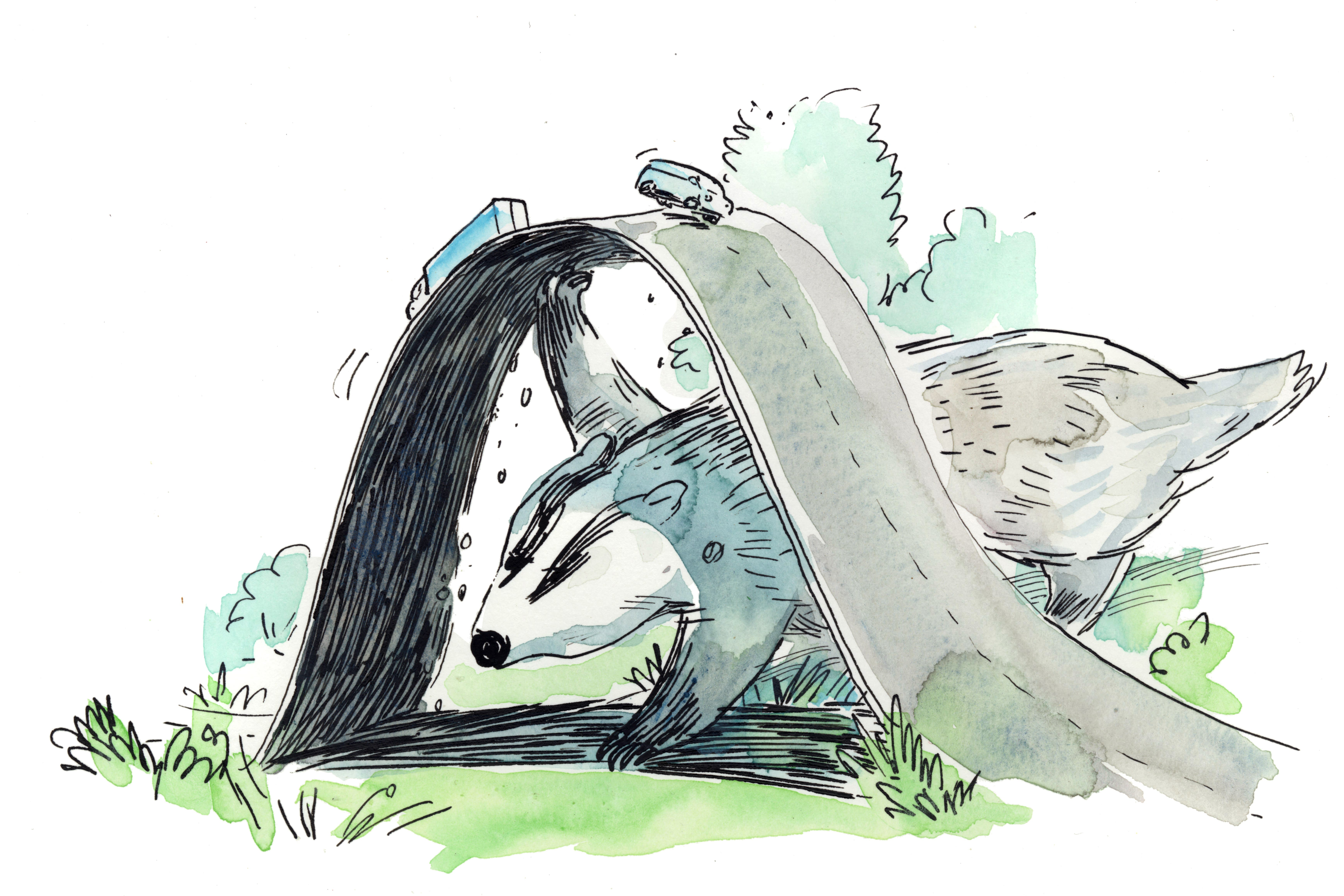Nature should be prioritised in public decision-making and farming, says panel
A citizens’ assembly of 100 people has set out a list of urgent recommendations for the recovery of nature in the UK.

Your support helps us to tell the story
From reproductive rights to climate change to Big Tech, The Independent is on the ground when the story is developing. Whether it's investigating the financials of Elon Musk's pro-Trump PAC or producing our latest documentary, 'The A Word', which shines a light on the American women fighting for reproductive rights, we know how important it is to parse out the facts from the messaging.
At such a critical moment in US history, we need reporters on the ground. Your donation allows us to keep sending journalists to speak to both sides of the story.
The Independent is trusted by Americans across the entire political spectrum. And unlike many other quality news outlets, we choose not to lock Americans out of our reporting and analysis with paywalls. We believe quality journalism should be available to everyone, paid for by those who can afford it.
Your support makes all the difference.Nature should be included in all public decision-making and its recovery should be prioritised in farming, a new citizens’ assembly has concluded.
Dubbed the People’s Plan for Nature, the recommendations were made after a citizens’ assembly was held involving 100 people from around the UK and following 30,000 responses to an open call asking what people love about nature and how it might change in future.
Over several months, the 100 participants reviewed evidence on the state of nature in the UK and thought of ways to reverse its decline.
The most popular suggestions were that all commercial and policy decisions should include an assessment of the impact on nature and that farming subsidies should be overhauled to prioritise sustainable practices.
Participants also said there should be more Government accountability through a permanent nature assembly made up of NGOs, industry and public expertise.
The UK has lost more nature than most other countries in the world – 38 million birds have vanished from the skies in the last 50 years while 97% of wildflower meadows have disappeared in the last 80.
In Montreal in December, the Government joined other UN member states in committing to restore 30% of land, seas, coasts and inland waters by 2030 in a global effort to reverse biodiversity decline.
As part of this, the Government pledged to restore 500,000 hectares in England but documents obtained by Unearthed, Greenpeace’s investigative journalism team, revealed how Natural England had said this would not be enough to slow nature’s decline and recommended the target be raised to 1.5 million hectares.
Jodi, a carer from Swansea, Wales, and one of the assembly members, said: “Clean water, clean seas, rivers – I think that’s a major thing.
“I’ve always tried not to damage things purposely, but I’ve not really cared enough. For the future, I hope to be able to go sea swimming all the time, in water that’s not polluted and dangerous.
“And to drink clean water and eat food that’s not got chemicals in it. And I want my son to get to do the same things.”
Assembly members listened to expert evidence and voted on what they believed to be the top 10 most urgent and influential actions the UK could take to protect nature.
Other suggestions included recognising access to nature as a human right, labelling supermarket food to help shoppers make nature-friendly choices, urgently restoring rivers and wetlands and establishing marine national parks and having a national conversation about how and why people should change their diet.
The citizens’ assembly was run by Involve and the Sortition Foundation and was supported by the National Trust, RSPB and WWF.
Tony Juniper, chair of Natural England, said: “Alongside good science, sound policy and effective laws, action for nature’s recovery will need to be underpinned by public support.
“I was delighted to participate in this process, which seeks to understand what people think and to translate increasing popular support for nature protection and recovery into some clear ideas that everyone can take forward.”
Citizens’ assemblies have become popular in recent years and have been touted by environmental groups such as Extinction Rebellion as a way to empower the public in creating solutions to the climate and biodiversity crisis.
The first UK-wide climate assembly took place in 2020 and set out recommendations for how to reach net zero by 2050.